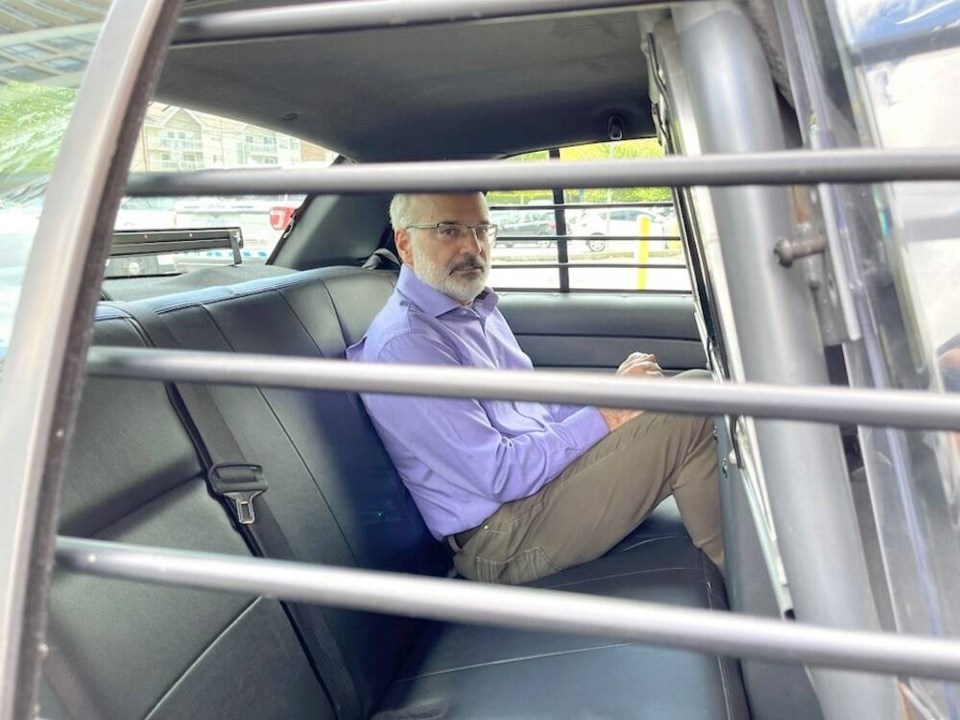A long-awaited mobile health unit to support people in mental health crisis is coming to Coquitlam and Port Coquitlam.
At a joint press conference in Coquitlam and Chilliwack, the B.C. government announced the formation of Mobile Integrated Crisis Response (MICR) Teams.
The MICR Teams are specialized crisis-response units that pair a police officer with a health-care professional to respond to mental-health calls made to the police.
Teams provide on-site emotional and mental-health assessments, crisis intervention and referrals to appropriate services in the community.
Built on partnerships between municipal police departments or local RCMP detachments and regional health authorities, the teams help free up police resources to focus on crime.
The announcement comes as Coquitlam RCMP report officers are spending more time handling mental health calls.
The province has committed $3 million to help fund the MCIR Teams throughout British Columbia.
With communities now selected, health authorities and local police will begin planning together to recruit staff and put services in place as quickly as possible.
The units have long been a request from both Coquitlam and Port Coquitlam councils.
In 2021, Mayor Richard Stewart penned a letter asking the province for a mental health car.
Efforts had been made to come up with an arrangement through the Fraser Health Authority, but with this announcement, the province is directly promoting the program.
Other cities besides Coquitlam/Port Coquitlam will get MICR teams as well, including: Abbotsford, Burnaby, Chilliwack, Penticton, Vernon, Squamish, Prince Rupert and the Westshore.
“When people are in crisis because of mental-health challenges, we want them met with compassion and appropriate care,” said Jennifer Whiteside, minister of mental health and addictions.
“We are expanding crisis-response teams across the province to ensure that at their most vulnerable time, people in distress in our communities receive a health-focused response and connections to the services and supports they need on their pathway to well-being.”





